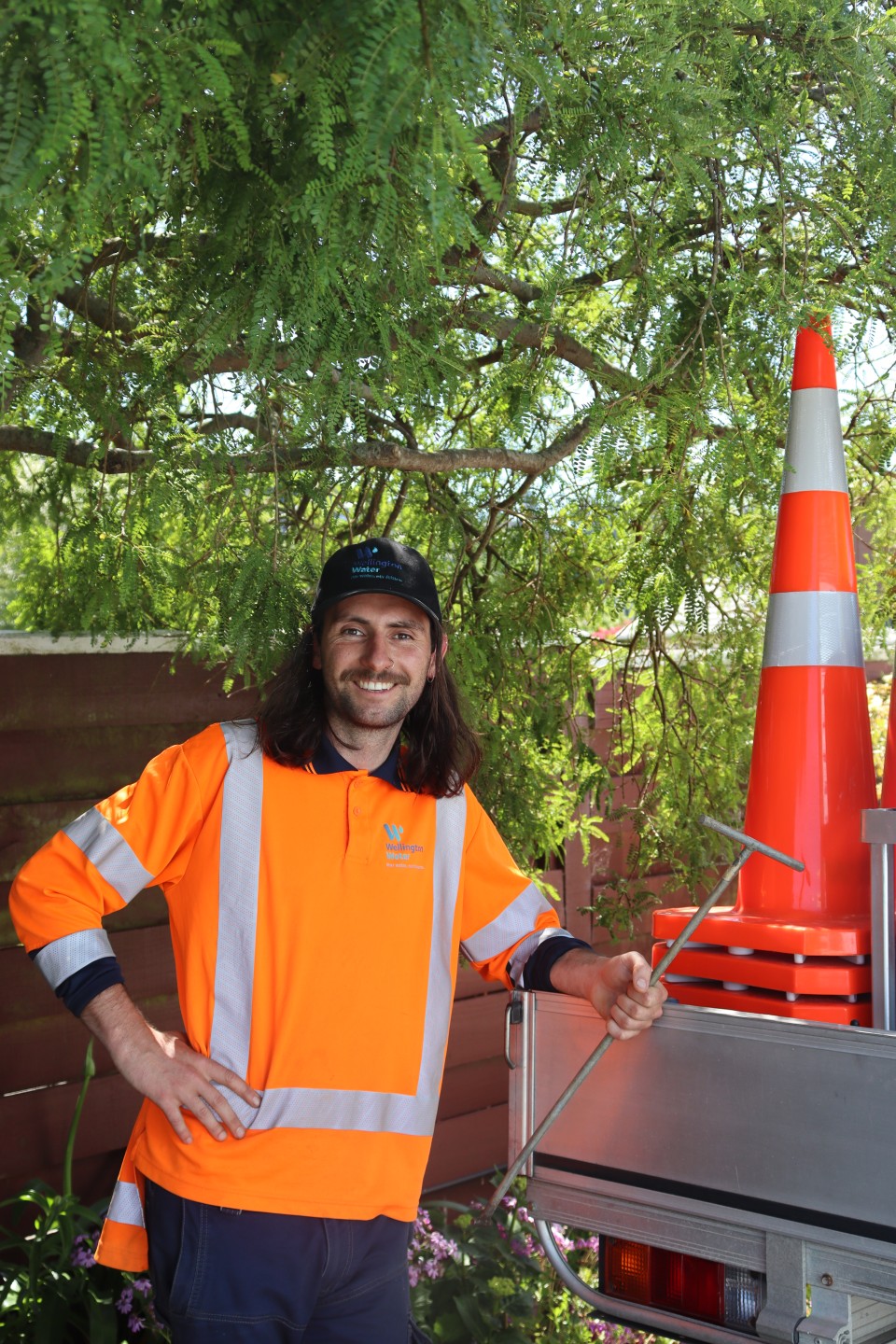Water supply
Wellington Region water supply
On average we supply over 160 million litres (ML) of water per day to Upper Hutt, Lower Hutt, Porirua and Wellington, and around 4 million litres of water per day to Greytown, Featherston, Martinborough and Pirinoa.
Learn more about where your water comes from in Wellington or in South Wairarapa on the pages below.
Catchments and storage lakes
Hutt Water Collection Area
Macaskill Lakes at Te Marua
Wainuiomata/Orongorongo Water Collection Area
Waiwhetū artesian aquifer
South Wairarapa water supply
We supply 4.1 million litres of water per day (on average) to Greytown, Featherston, Martinborough and Pirinoa.
Drinking water in South Wairarapa comes from four sources:
- Four bores that take water from next to the Waiohine River, supplying both Featherston and Greytown
- A single groundwater bore in Memorial Park, Greytown, supplying Greytown only. The bore is recharged from the Waiohine river
- Three bores that take water from next to the Ruamahanga River, supplying Martinborough
- One groundwater bore supplying Pirinoa
Catchments
Pipe and tapware effects
All drinking water can dissolve very small amounts of metals, this is called “plumbosolvency”. Our treatment processes adjust the pH to reduce the water’s aggressiveness on pipework and tapware. However, there is the potential that water sitting in a plumbing fitting, if unused for several hours, may accumulate minute traces of metals which can contain lead, nickel, cadmium, copper and antimony.
Although the health risk is negligible, we recommend that you flush a mugful of water from your drinking-water tap each morning before use. This should remove any water that was left in your fittings, and metals that may have dissolved from the plumbing fittings. All households are advised to take this precaution, whether they are on public or private water supply.
How do I tell if my fittings will accumulate small traces of metals?
In New Zealand it’s typically the older plumbing/fittings which come in to contact with water that are the source of heavy metals.
If you want to know more about your fittings check with your plumber, or you can contact Wellington Water on 04 912 4400. See Blue staining

